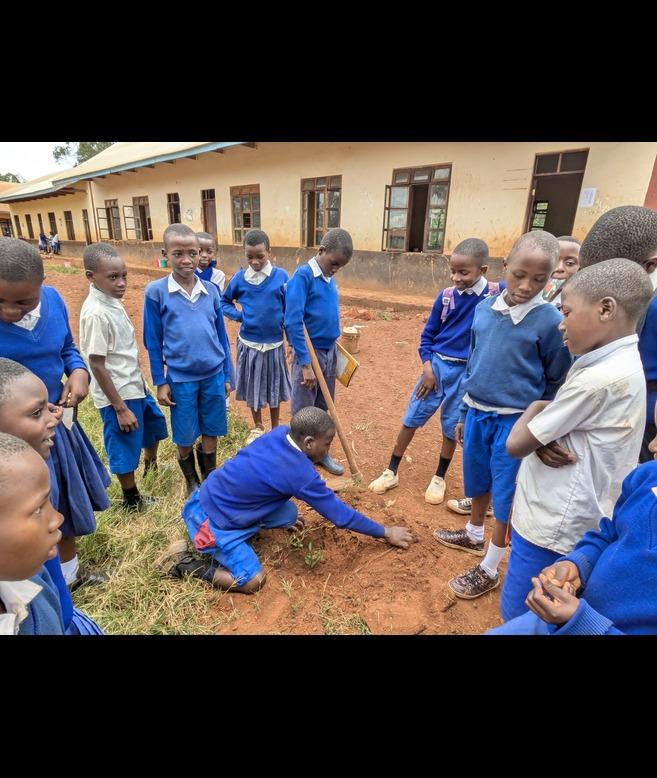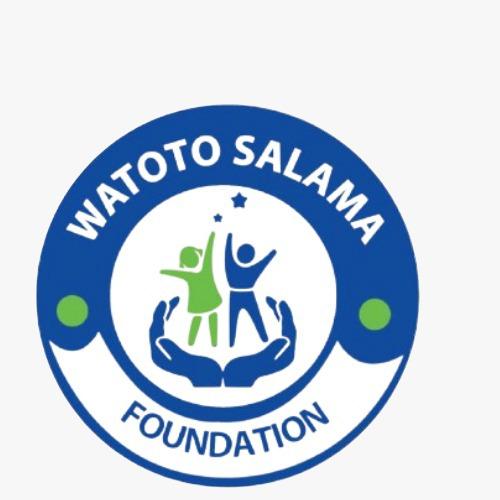Posted At: May 03, 2025 - 2,512 Views

Growing Green Minds: Introducing Young Children to the Green Economy
By Watoto Salama Foundation
In today’s rapidly changing world, climate change, environmental degradation, and resource scarcity are no longer distant concepts—they are everyday realities. Preparing the next generation to tackle these challenges means starting with education today. And that includes educating our youngest minds about the green economy.
What is the Green Economy?
A green economy is one that improves human well-being and social equity while significantly reducing environmental risks and ecological scarcities. In simple terms, it’s about creating a sustainable future—balancing growth with care for our planet.
Why Teach Young Kids About It?
While young children may not understand terms like "carbon footprint" or "renewable energy," they are incredibly receptive to values like care, respect, responsibility, and conservation. Early exposure to green economy concepts helps children:
- Develop eco-friendly habits early in life
- Understand how their choices affect the environment
- Grow up as responsible planet protectors
- Spark interest in future careers in green technology, sustainable farming, or environmental science
How Can We Teach Green Economy to Children?
Here are simple, age-appropriate ways to introduce green economy principles to kids:
- Storytelling & Cartoons: Use fun, engaging stories where characters recycle, conserve water, or plant trees.
- Hands-on Activities: Let children participate in small garden projects or DIY crafts using recycled materials.
- Field Trips: Visits to farms, recycling centers, or nature reserves help connect theory to real-world action.
- Games and Songs: Green-themed board games or sing-alongs teach environmental responsibility in fun, memorable ways.
- School Clubs & Challenges: Organize eco-clubs or competitions focused on sustainability projects like tree planting or clean-up days.
Building Future Green Leaders
At Watoto Salama Foundation, we believe that every child—regardless of background—deserves the chance to learn how to protect the planet. That’s why we’re integrating green economy education into our outreach programs, workshops, and school partnerships.
We envision a generation of youth who will grow up not just dreaming of a better world—but actively building it.
Join us in raising green thinkers.
Let’s give our children the knowledge and tools to shape a healthier, fairer, and more sustainable future.
Have ideas or resources to share? Contact us or partner with our foundation for greener education programs!
